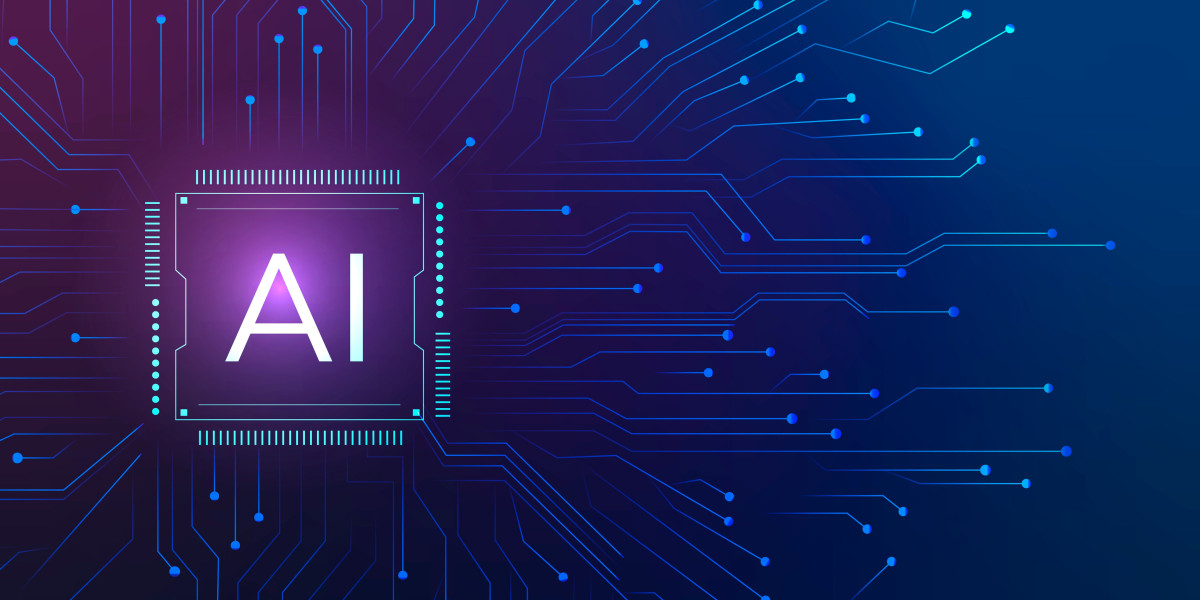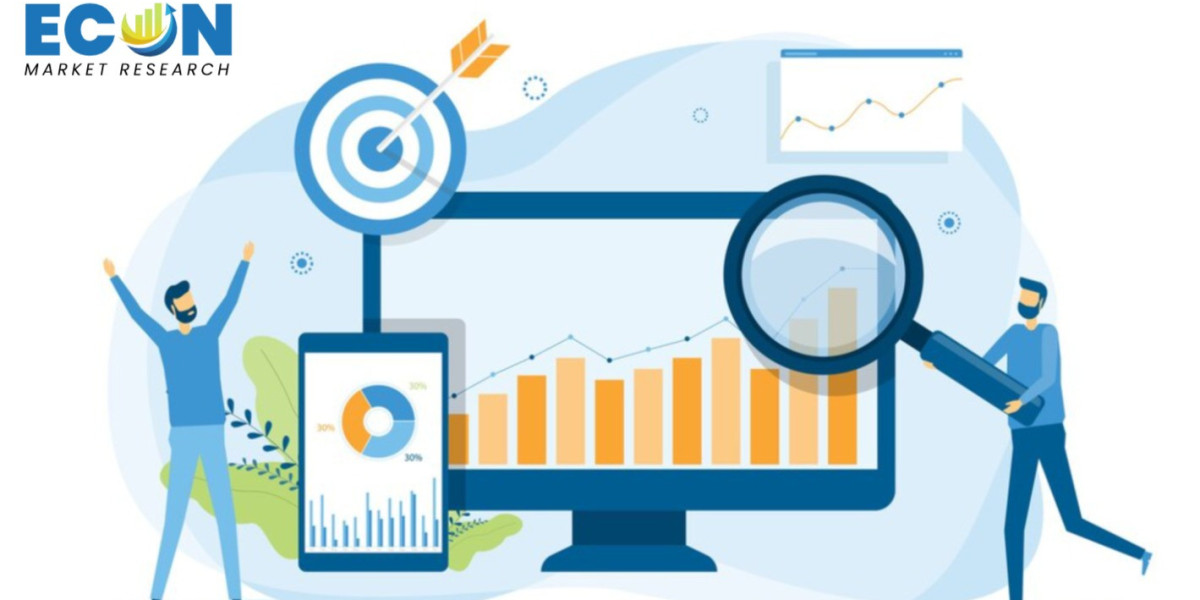Enhancing Diagnostic Accuracy
One of the most significant impacts of AI in healthcare is its role in improving diagnostic accuracy. AI-powered diagnostic tools can analyze medical images, such as MRIs, CT scans, and X-rays, with a level of precision that rivals or surpasses human capabilities. This capability reduces the risk of misdiagnosis and ensures that patients receive timely and accurate treatment plans.
Personalized Treatment Plans
AI algorithms can process large datasets, including patient records, genetic information, and treatment outcomes, to tailor personalized treatment plans. By analyzing this data, AI can identify patterns and correlations that human clinicians might overlook, leading to more effective interventions and improved patient responses to treatments.
Predictive Analytics for Early Intervention
AI's predictive analytics capabilities enable healthcare providers to identify at-risk patients and intervene early. By analyzing patient data in real-time, AI algorithms can detect subtle changes that may indicate the onset of a medical condition. This proactive approach not only improves patient outcomes by preventing disease progression but also reduces healthcare costs associated with emergency interventions.
Operational Efficiency and Resource Allocation
Beyond clinical applications, AI streamlines healthcare operations by optimizing resource allocation and improving workflow efficiency. AI-driven systems can forecast patient admissions, allocate staff and resources accordingly, and automate routine administrative tasks such as scheduling and billing. This efficiency allows healthcare providers to focus more on patient care and less on administrative burdens.
Remote Monitoring and Telehealth Advancements
AI-powered remote monitoring devices and telehealth platforms have expanded access to healthcare services, especially in underserved areas. These technologies enable continuous monitoring of patients' vital signs and health metrics from home, providing early warnings of health deterioration and reducing the need for frequent hospital visits.
Ethical Considerations and Adoption Challenges
While AI holds immense promise, its integration into healthcare is not without challenges. Issues such as data privacy, algorithm bias, and regulatory compliance require careful consideration. Healthcare providers must navigate these ethical and legal complexities to ensure that AI technologies are deployed responsibly and equitably.
The Future of AI in Healthcare
Looking ahead, AI's role in healthcare is poised to grow exponentially. Advancements in machine learning, natural language processing, and robotics will further enhance AI's capabilities in diagnosis, treatment planning, and patient management. As AI continues to evolve, so too will its potential to transform healthcare delivery, making it more personalized, efficient, and accessible for patients worldwide.
In conclusion, AI is revolutionizing healthcare by improving patient outcomes through enhanced diagnostics, personalized treatments, and predictive analytics. Moreover, AI enhances operational efficiency by optimizing resource allocation and supporting remote monitoring and telehealth initiatives. While challenges exist, the future of AI in healthcare holds great promise for transforming the industry and ultimately improving global health outcomes.



